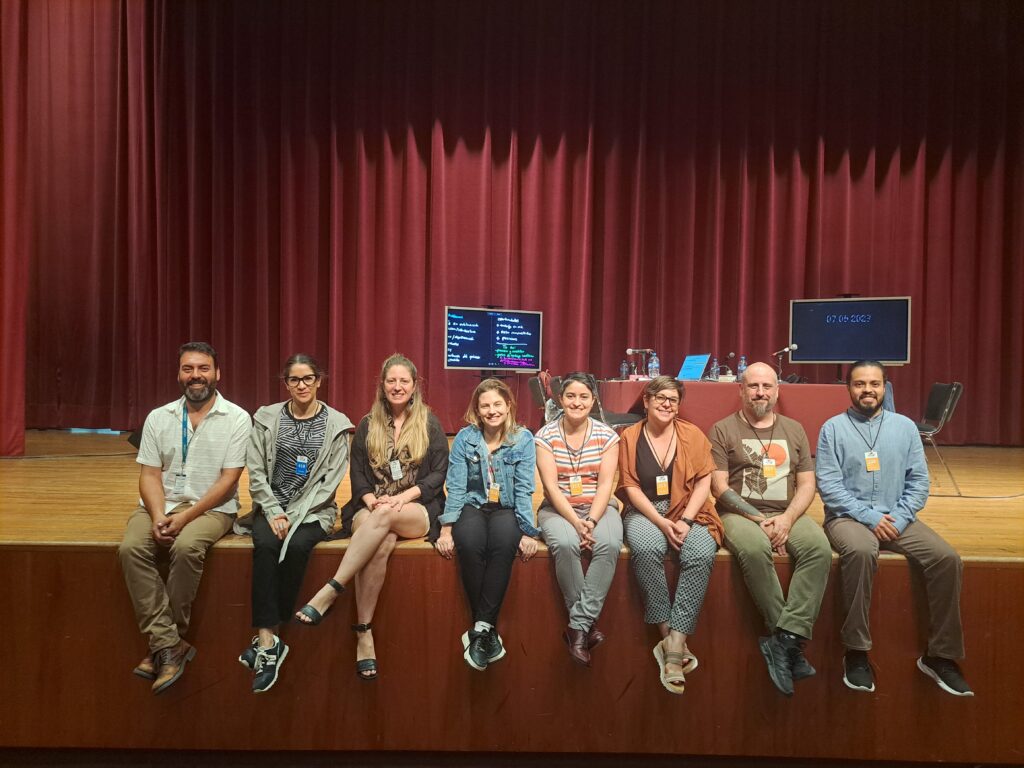Global Initiatives Grant Report – Bioanthropological Latin American Network (BLAN)/Red BALANCE
In 2022 at the same time a group of Latin American researchers voiced the need for a critical analysis of current scientific practices around the “use” of ancient human remains (AHR) in paleogenomic research in the American Journal of Biological Anthropology (AJBA), the Wenner-Gren Foundation announced a call for applications to its Global Initiatives Grant (GIG). The theme of the GIG focused on developing policies, guidelines, and analyzing best practices surrounding the study and treatment of human remains in anthropological research. As the topic coincided with their main objective, they applied to the program and were awarded funds to launch a collaborative network among eight Latin American researchers working in their respective countries of origin or in institutions across the Global North.
The first steps of the project involved exchanging experiences around shared challenges linked to the treatment, research, and management of the biocultural heritage of Latin America. The researchers also underscored the importance of protecting regional biocultural heritage by establishing and advocating for ethical practices to promote more equitable collaborations between Latin American and Global North researchers, and strengthening bioanthropological research in the Global South by empowering members of the local scientific community.
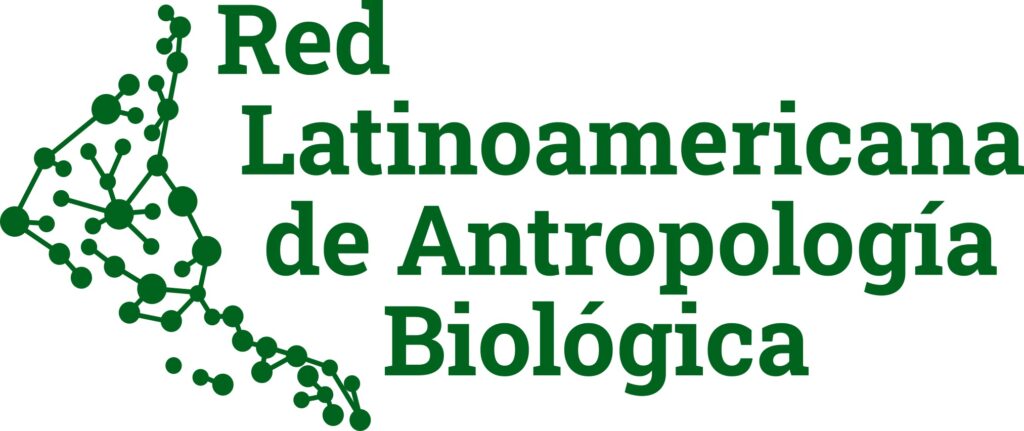
Supported by Wenner-Gren funds, the group held an in-person meeting to bring together the eight researchers and founding members of what was initially called the Bioanthropological Latin American Network (BLAN) and establish a work agenda. The meeting was held from July 3rd to 7th, 2023 at Mexico’s National Museum of Anthropology (NMA).
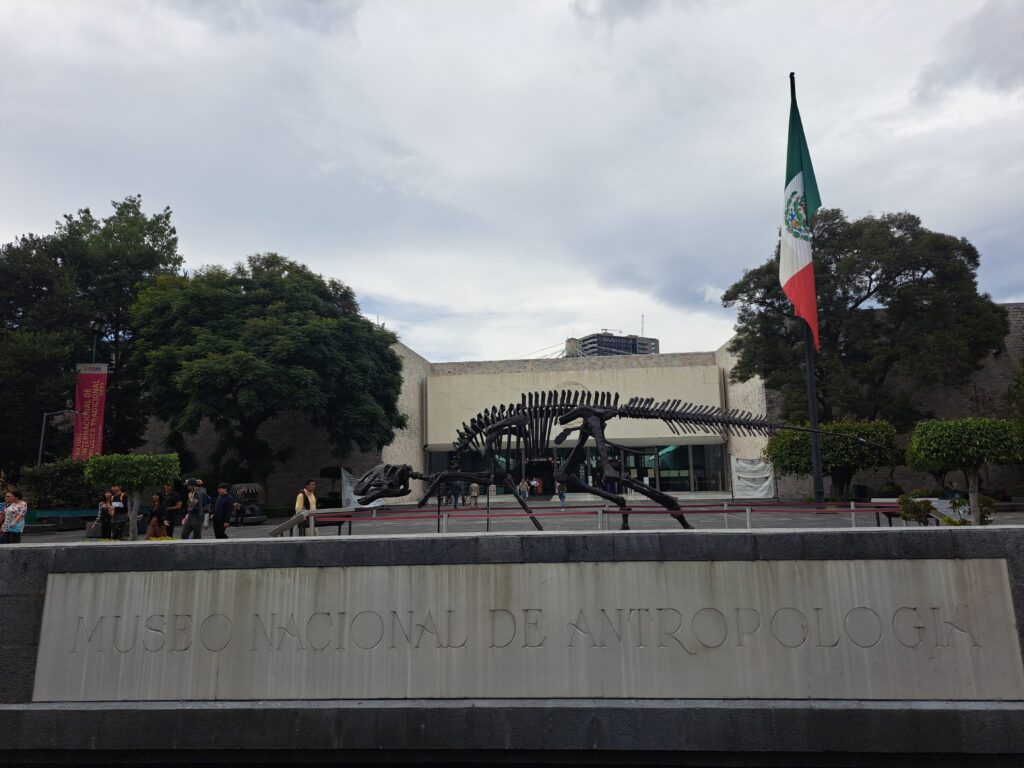
Activities and discussion sessions
Activities began on Monday, July 3rd when members of the network visited the Center for Safeguarding Ancient Human Remains of the Directorate of Physical Anthropology (DAF) at the NMA. There they learned about the abundance and diversity of ancient human remains housed at the Center. They also gained insights into the challenges and specialized tasks involved in the preservation, protection, and research on individuals who hold promise for shedding light on critical processes across the continent: the settlement and dispersion of humans in the Americas; distinctive features of the different populations that migrated and occupied the continent; how present-day diversity was built over time; the adaptations of different human groups to changes in diet and climate; the effects of pathogens on contact populations (Indigenous populations, Europeans and Africans), chief among them.
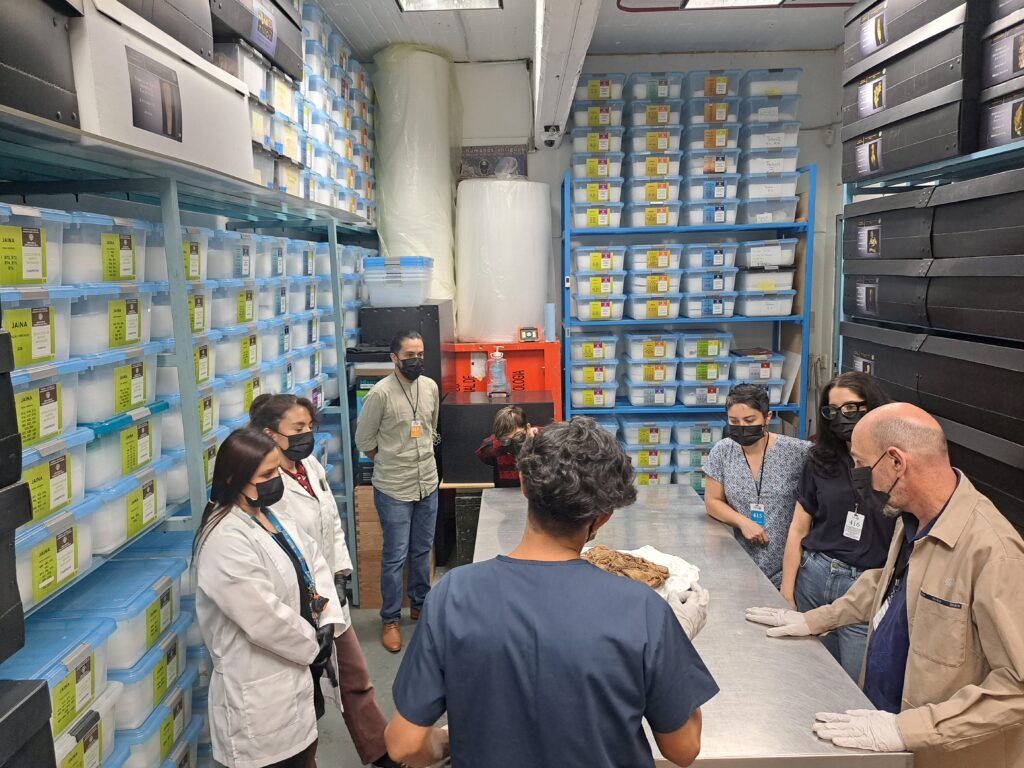
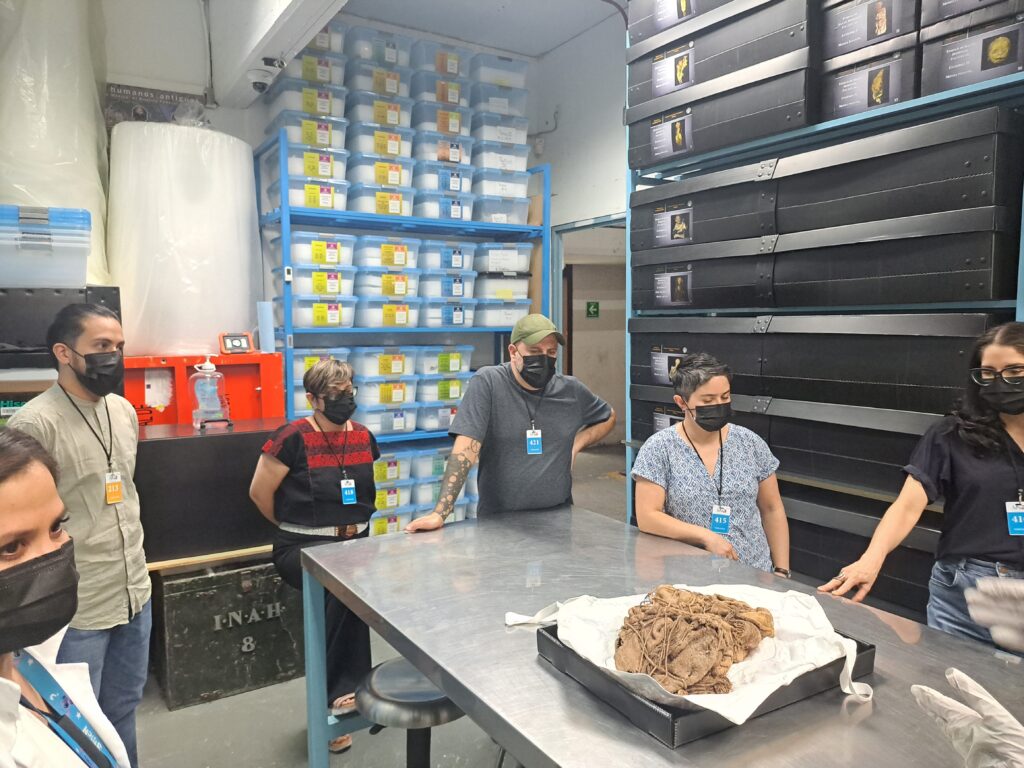
On Monday the official founding ceremony of the network was held and attended by authorities from the National Institute of Anthropology and History at the NMA Library.
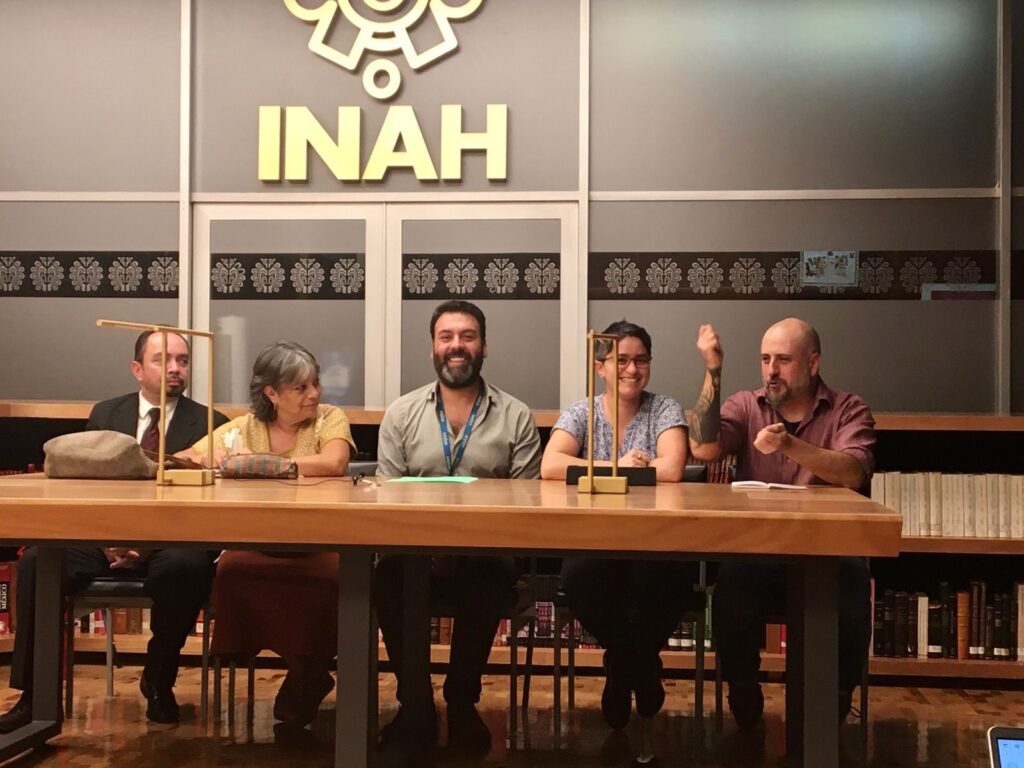
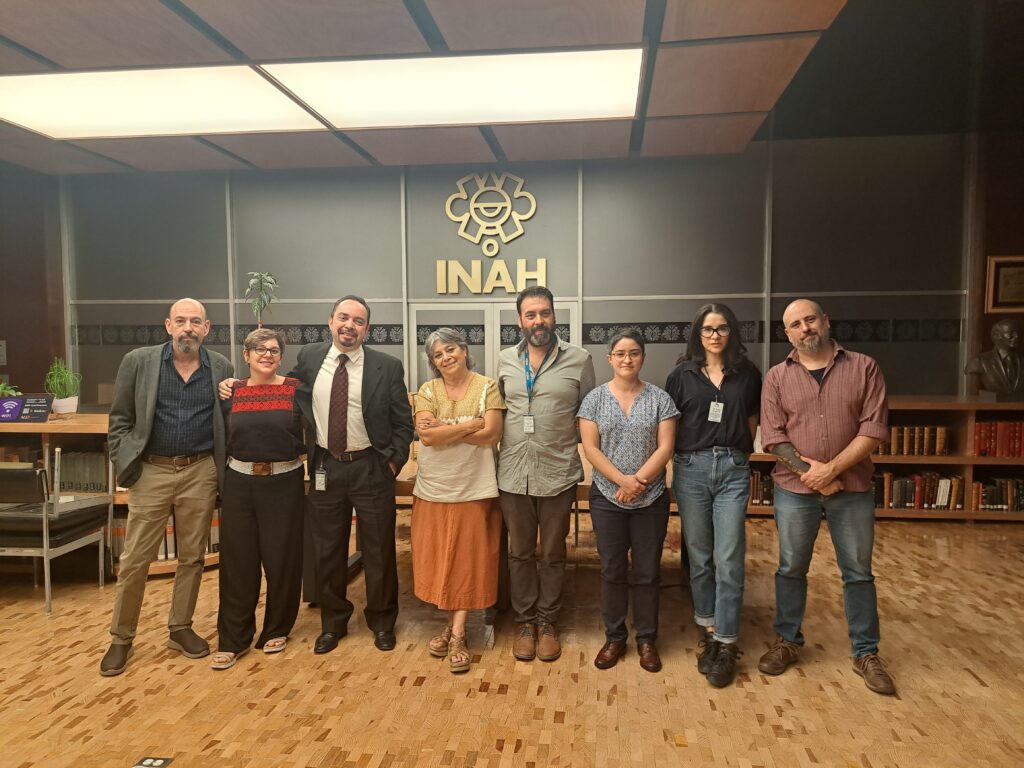
On Tuesday the group visited the archaeological site of Cuicuilco located south of Mexico City, along with the Diego Rivera Studio Museum located in the San Ángel neighborhood.
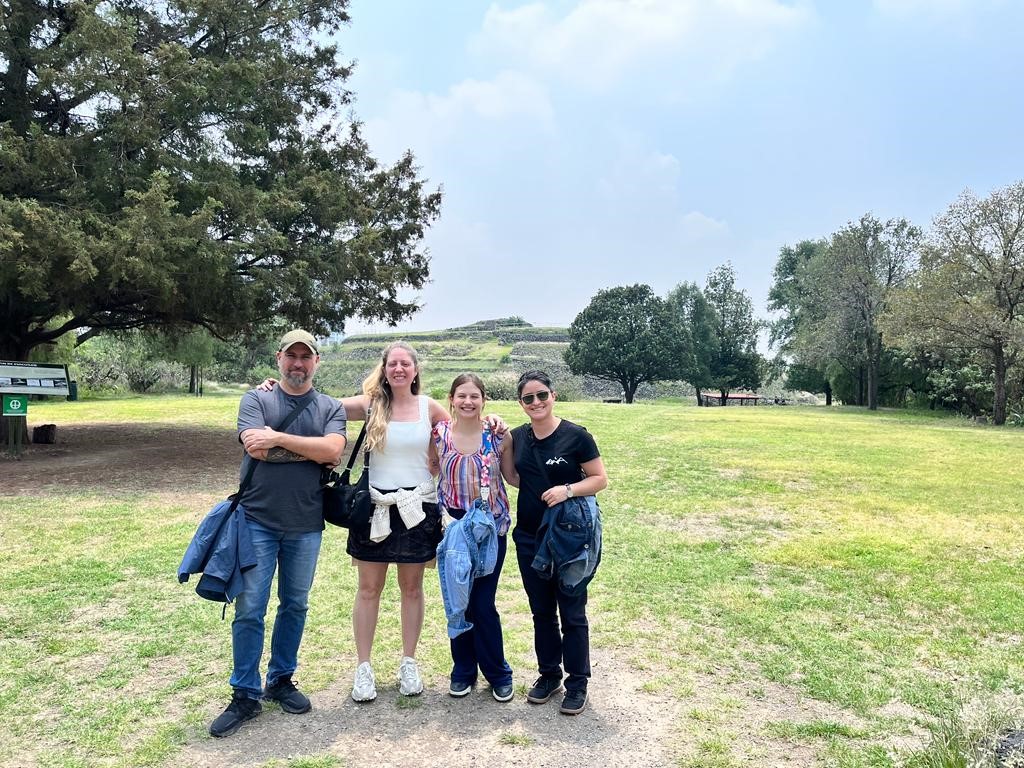
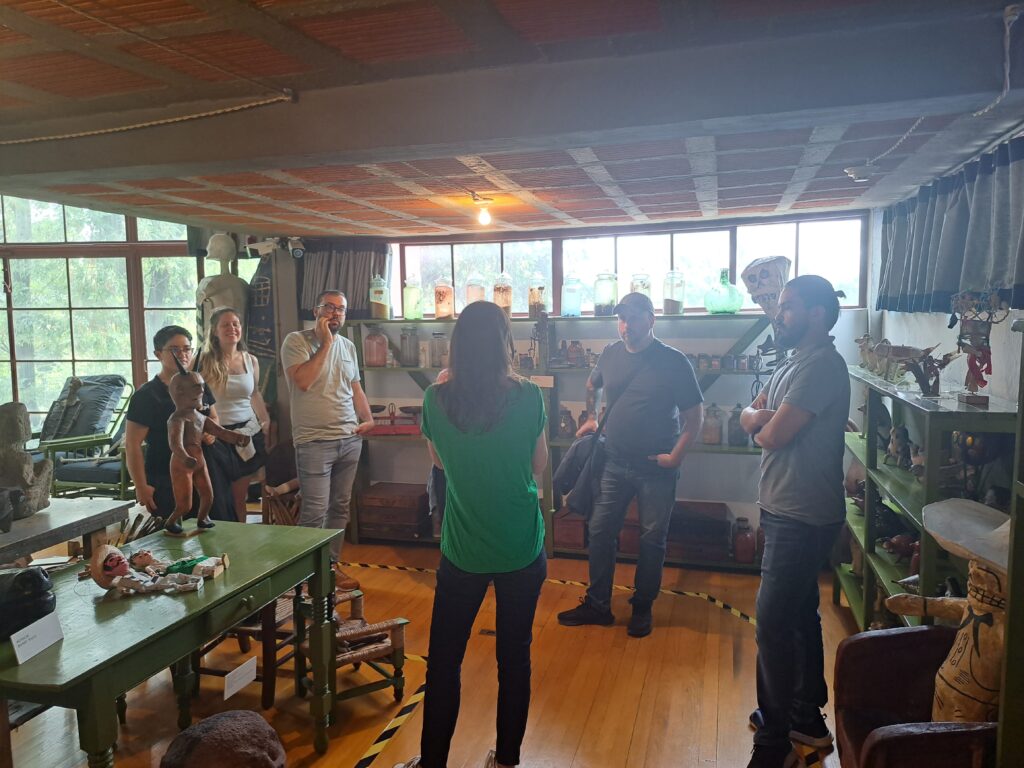
The rest of the week discussion sessions were held in the NMA auditorium. These centered around documents prepared by various members of the network that were shared earlier among the team to facilitate a discussion on each theme. In the first session, Concepts and Methods, the discussion delved into three topics related to the basic principles of the project: i) networking and “anthropologies of the South” as key methodological and referential frameworks, ii) the proposition, analysis, and definition of concepts that allow for a critical and contextual evaluation of bioanthropological research with ancient human remains: ‘core-periphery’, ‘directionality’, ‘horizontality’ and ‘co-labor’; and iii) the conceptualization of Latin America as a sui generis region where the presence of multiple coexisting and contrasting temporalities, cosmovisions, technologies, religions, etc. are intertwined and constitute what is conceived of as a “región abigarrada” (variegated region). Building on this situated perspective a methodological and conceptual framework for analyzing bioanthropological practices in Latin America and beyond was established.
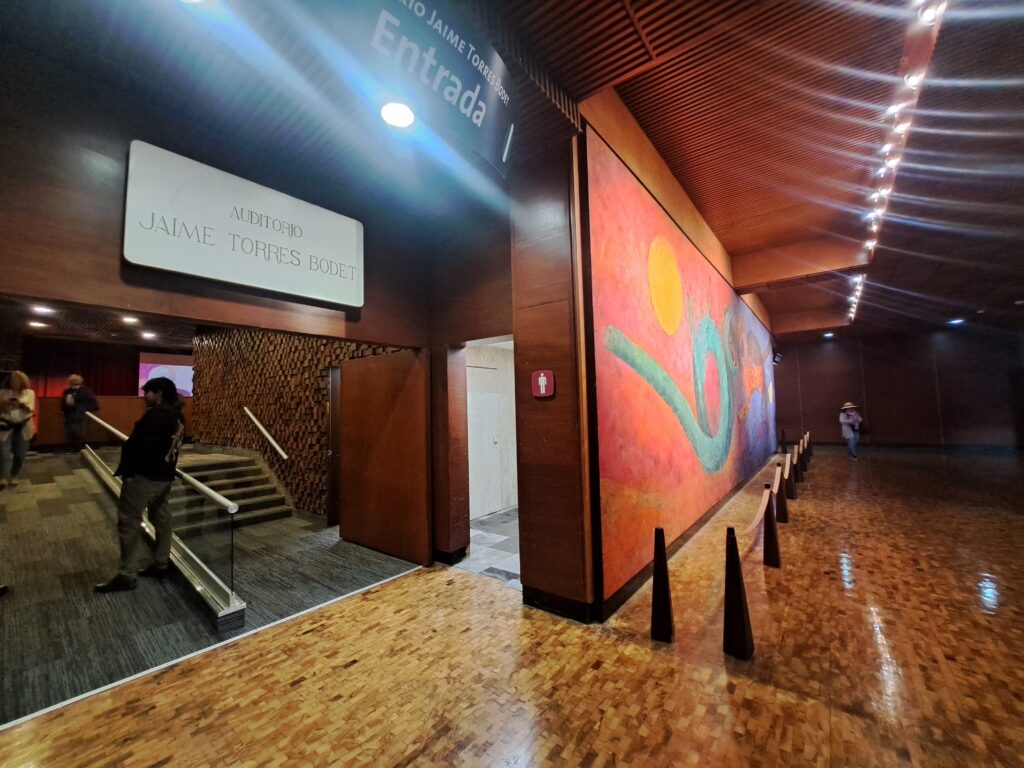
The second session addressed the network’s Extension, Continuity, and Expansion. Members reflected on the mission and vision of their collaborative network. Since Biological Anthropology reaches beyond the mere study of human bones and biological remains, three analytical categories were used to organize the work carried out by Latin American bioanthropologists: i) the relationship between past and present in biological anthropology; ii) the relationship between nature and culture at the very core of biological anthropology; and iii) the recognition that, despite working with disparate sources of evidence, bioanthropologists share the same ultimate goal of understanding human biocultural phenomenon.
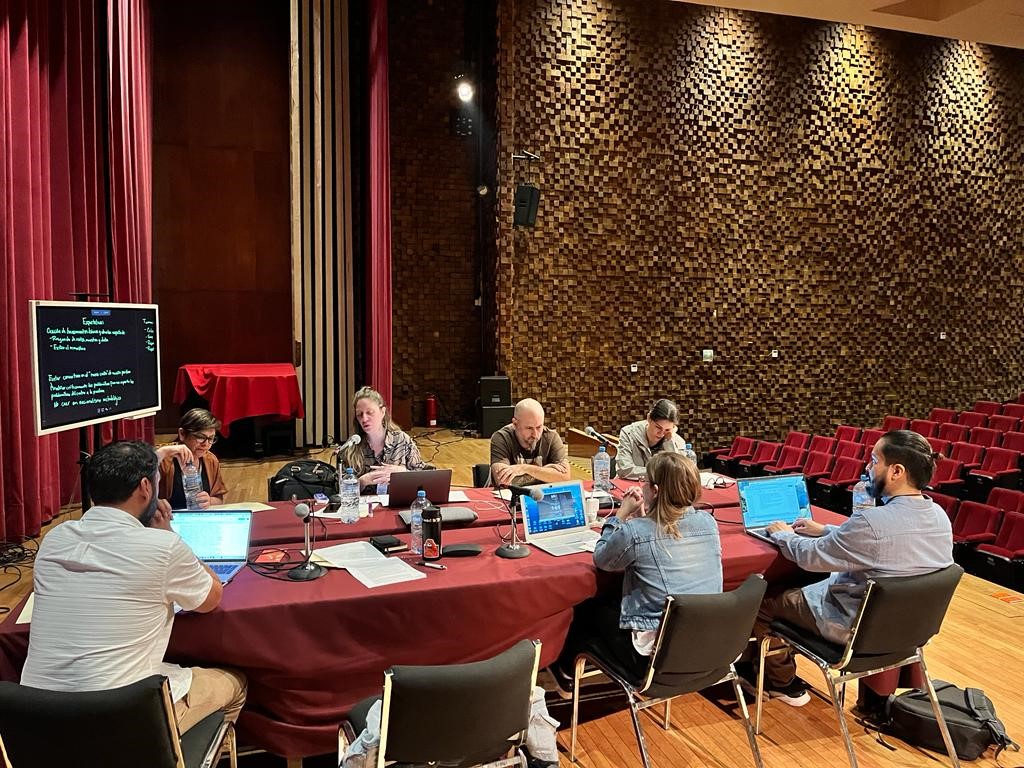
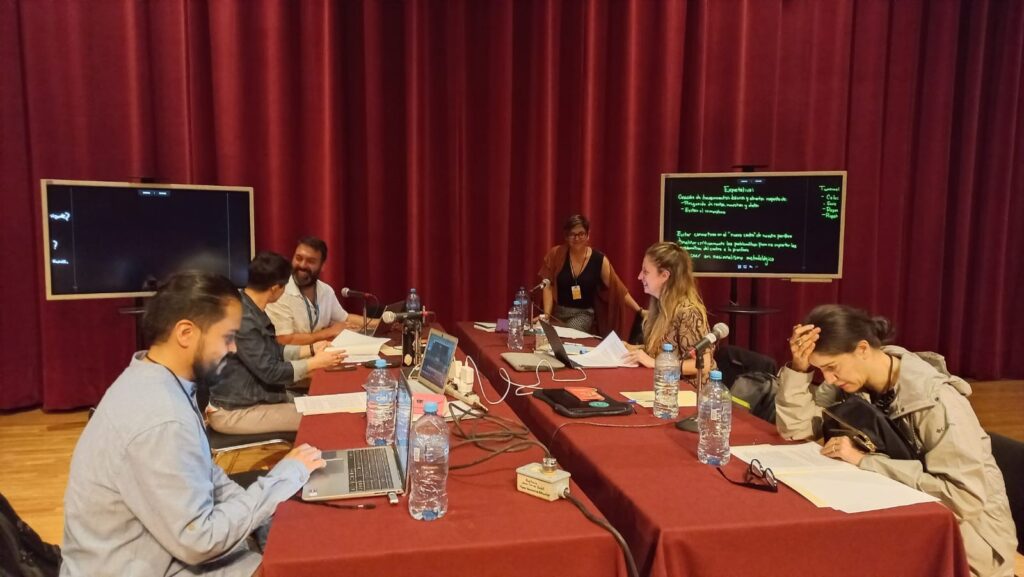
Another session focused on Recommendations for Research with Ancient Human Remains. Characteristics of each countries’ legislative frameworks for managing AHR were explored along with ethical considerations (or lack thereof) involved in this type of scientific research. Delving into hypothetical scenarios of research collaborations on human remains among transnational scholars, revealed ambiguities that tend to hinder Global South researchers’ access to AHR housed at institutions in the Global North. Since geopolitical inequalities that generate asymmetries in the global economy are reproduced in the realm of knowledge production too, members concluded it is imperative to identify the source of inequalities and to eliminate practices that reproduce scientific neo-colonialism.
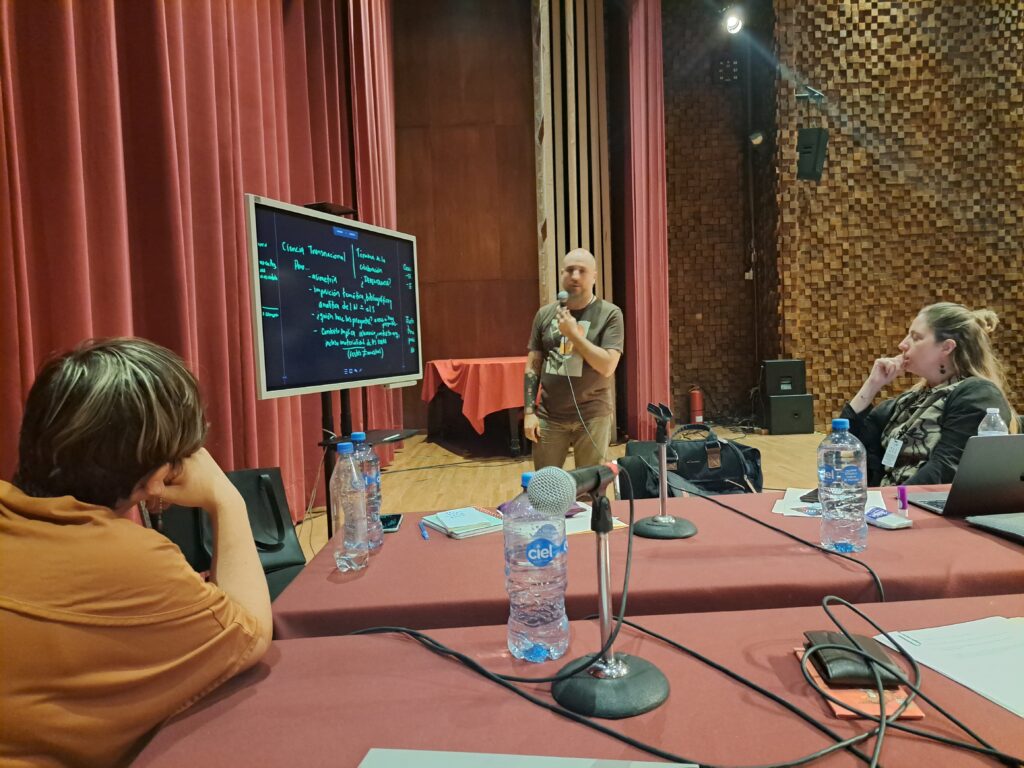
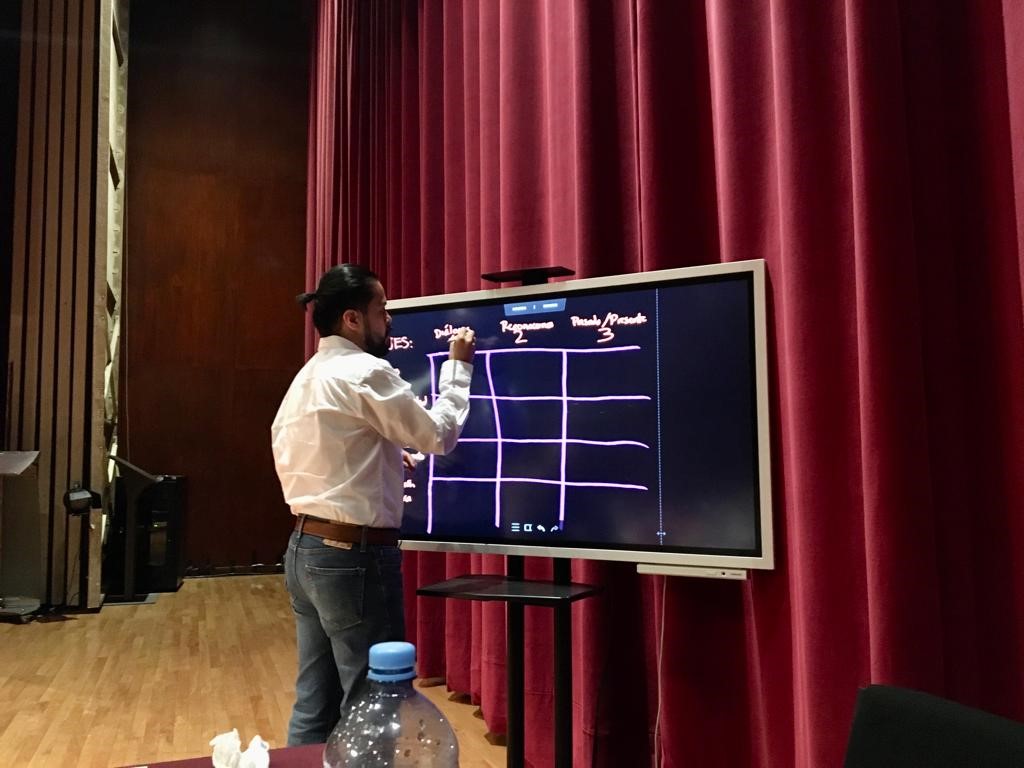
The final topic discussed focused on Strategies for Capacity Building in Latin America and considered strategies for obtaining future funding to continue strengthening academic networks there. It was suggested that members try to increase their participation in academic meetings through collective presentations and pre/post-conference courses or workshops to showcase the work they are doing and disseminate their efforts more widely.
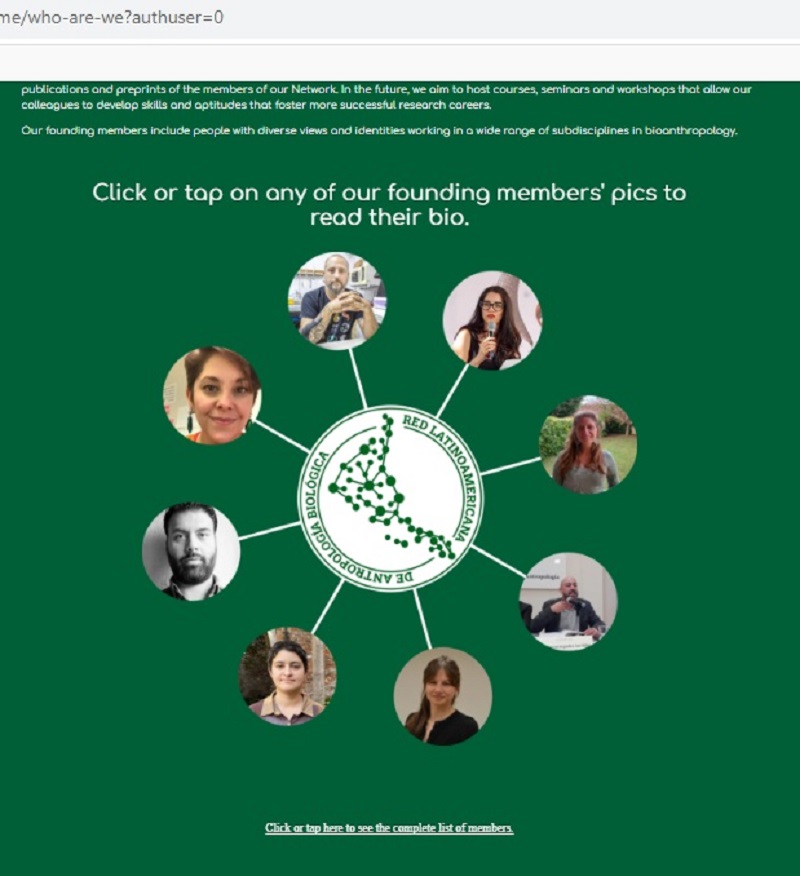
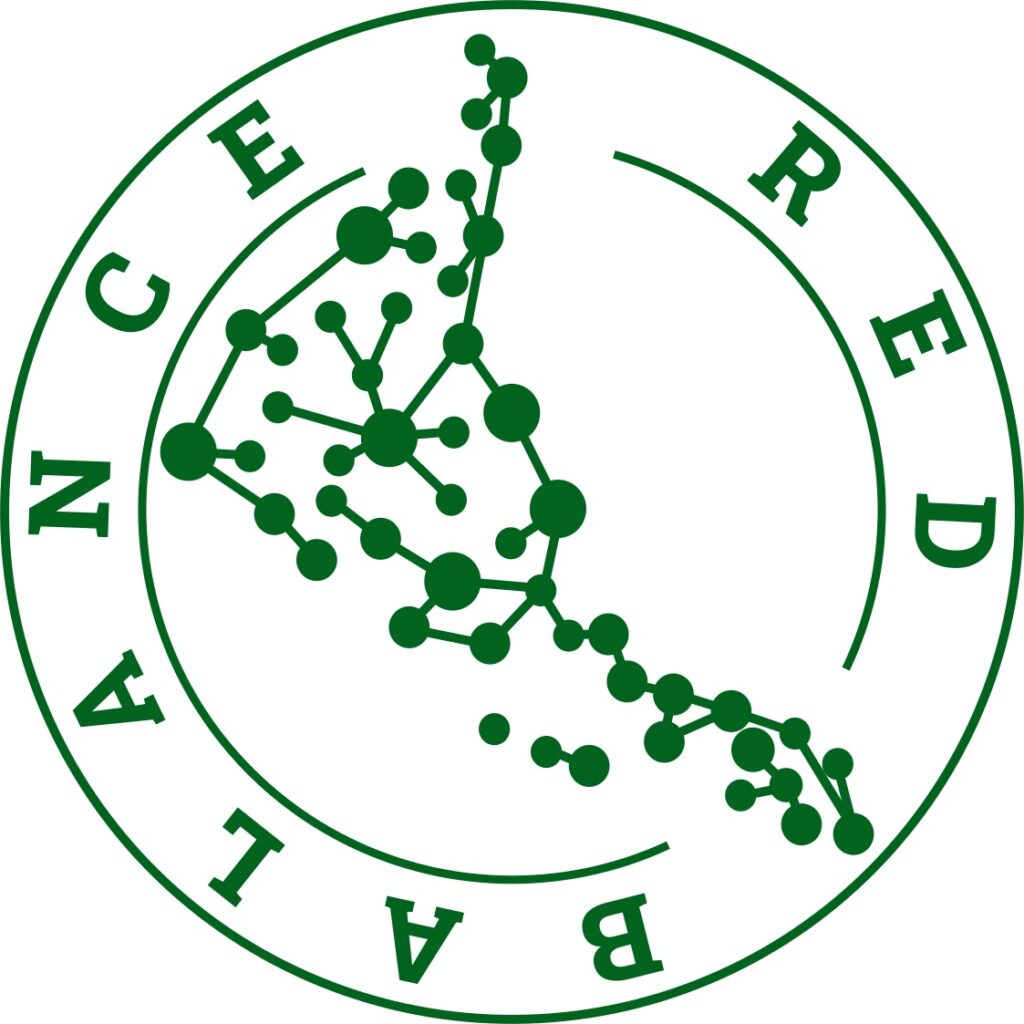
Some of the outcomes obtained during this first phase of establishing our collaborative network were: i) the drafting of three scientific papers resulting from discussion sessions; ii) the creation of a website and social media accounts to communicate our efforts interact with other professionals; iii) the renaming of our organization as “Red BALANCE” (BALANCE network) since it reflects more accurately the goals the project is trying to promote; iv) the coordination of editorial projects with the aim of including new voices in the conversation and expanding the membership of the network; and v) the ongoing development of funding strategies to facilitate future in-person meetings. Our experience confirms that though online work can be productive, face-to-face meetings facilitate the conception of deeper and more effective ideas for evaluating the current state of bioanthropological research and its legacy.
